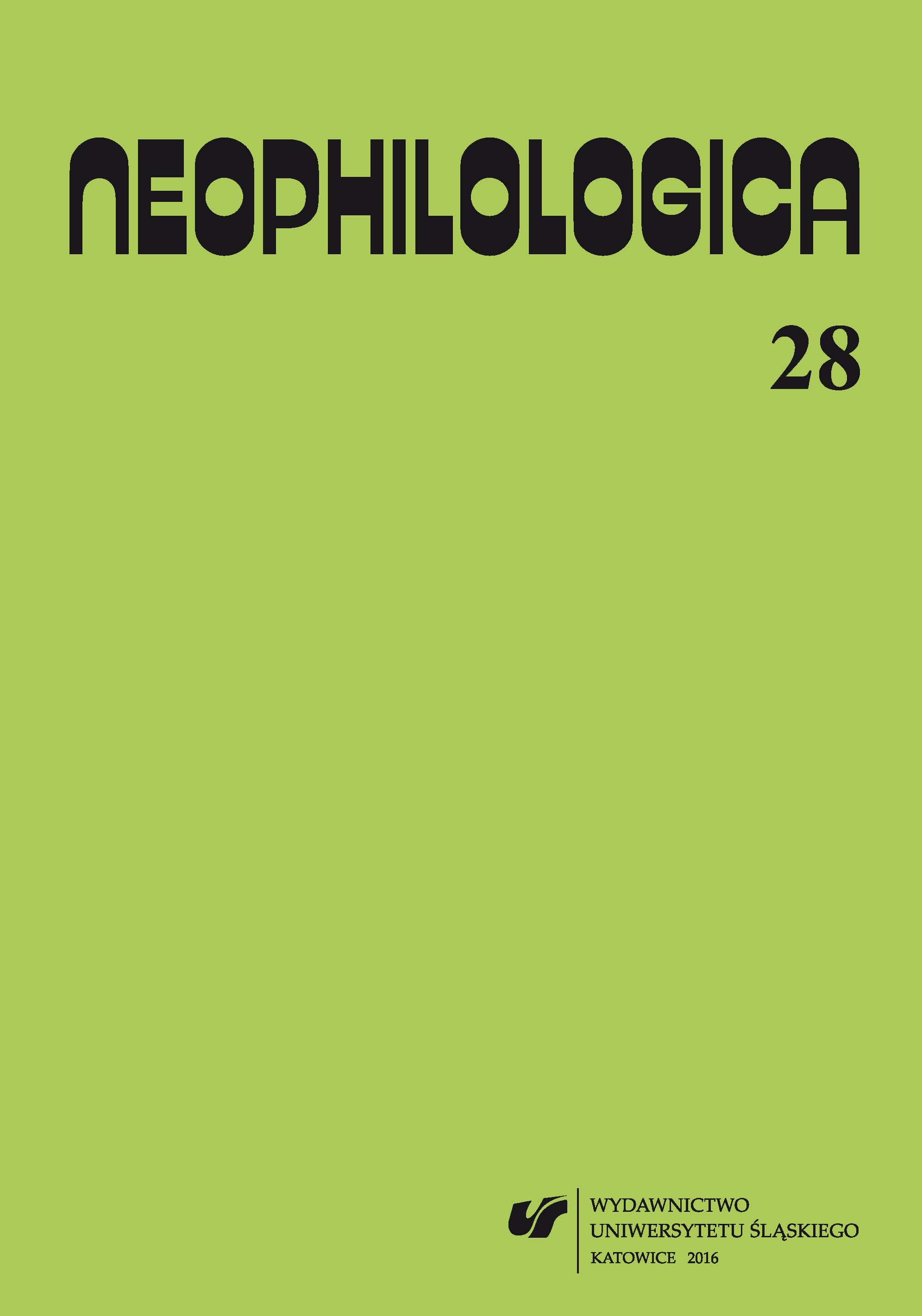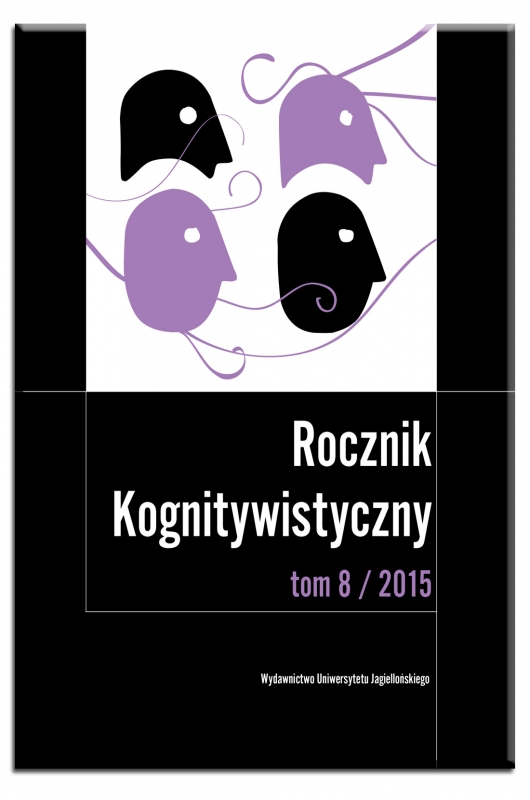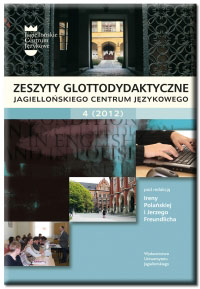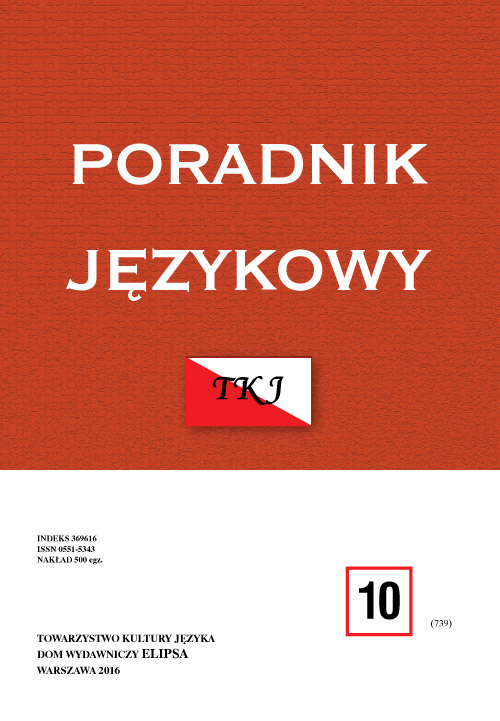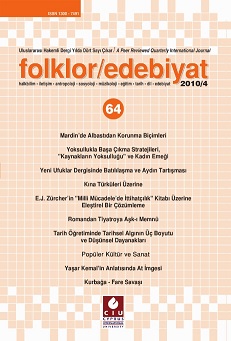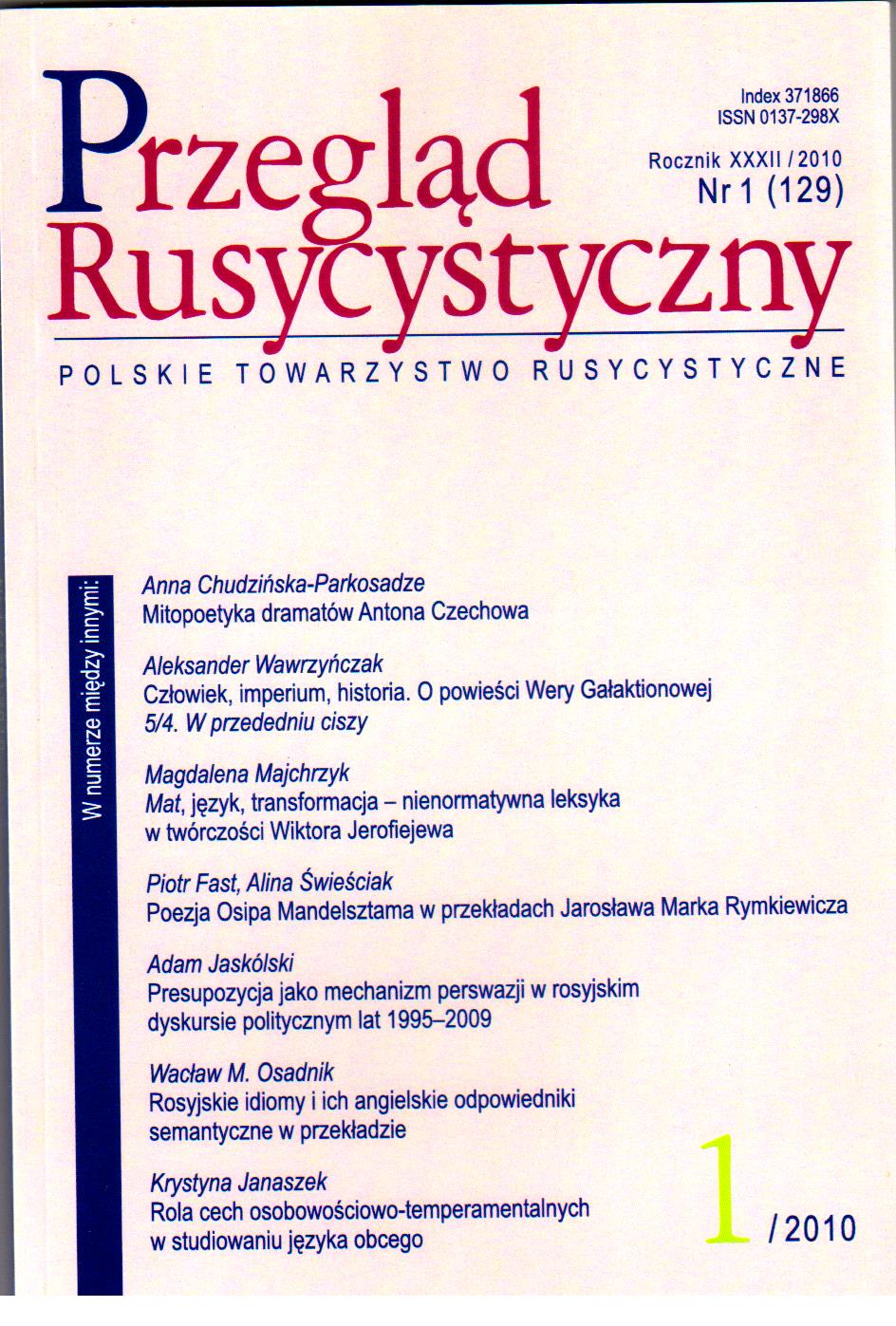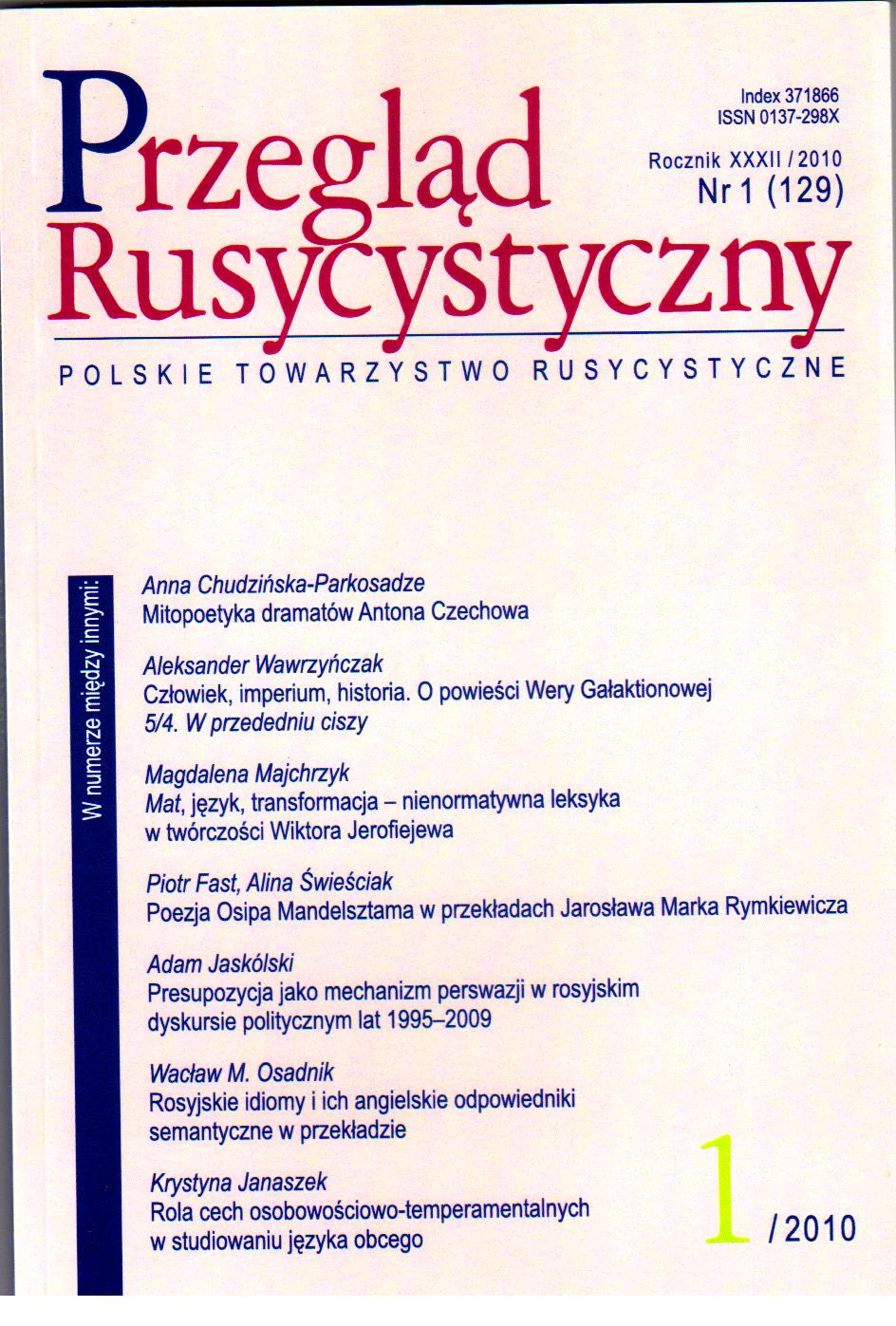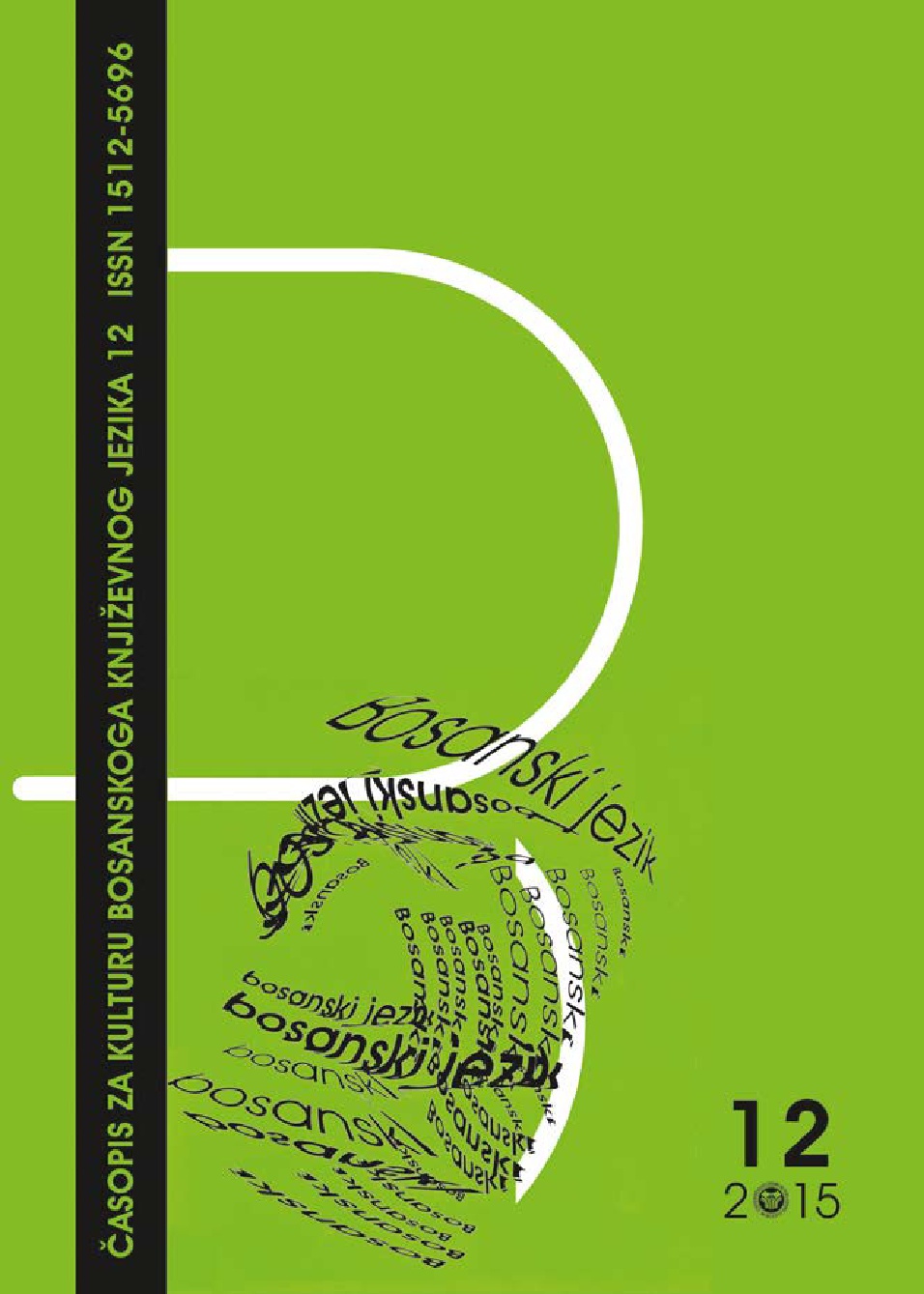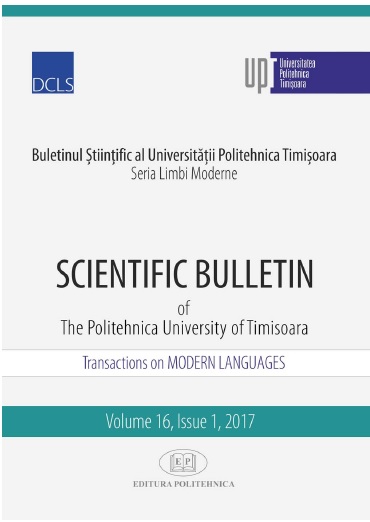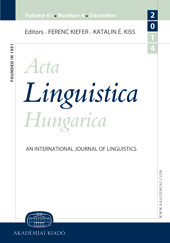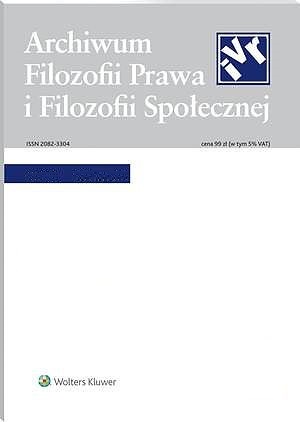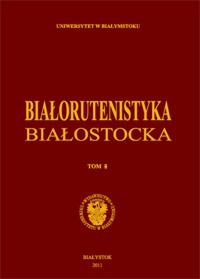ДЕСКРИПТОРЫ, ИСПОЛЬЗУЕМЫЕ ПАЦИЕНТАМИ C НЕВРОЛОГИЧЕСКИМИ ЗАБОЛЕВАНИЯМИ ДЛЯ ОПИСАНИЯ ГОЛОВНОЙ БОЛИ
The paper is devoted to a topical multidisciplinary problem connected with the verbal description of headache by patients with neurological disorders. The authors present the descriptive words gathered as a result of free discussions with patients, who were divided into 3 groups in accordance with their way of describing headache. The outlined descriptors were included in a general database used for the development of questionnaires that describe the most characteristic types of headache. The development and specification of pain questionnaires is carried out within the patient-specific approach. These auxiliary materials are particularly important for bilingual and multilingual patients as well as for patients with alexithymic features and various types of speech disorders. The conclusion on the relevance of the problem of descriptors’ belonging to parts of speech is made.
More...
